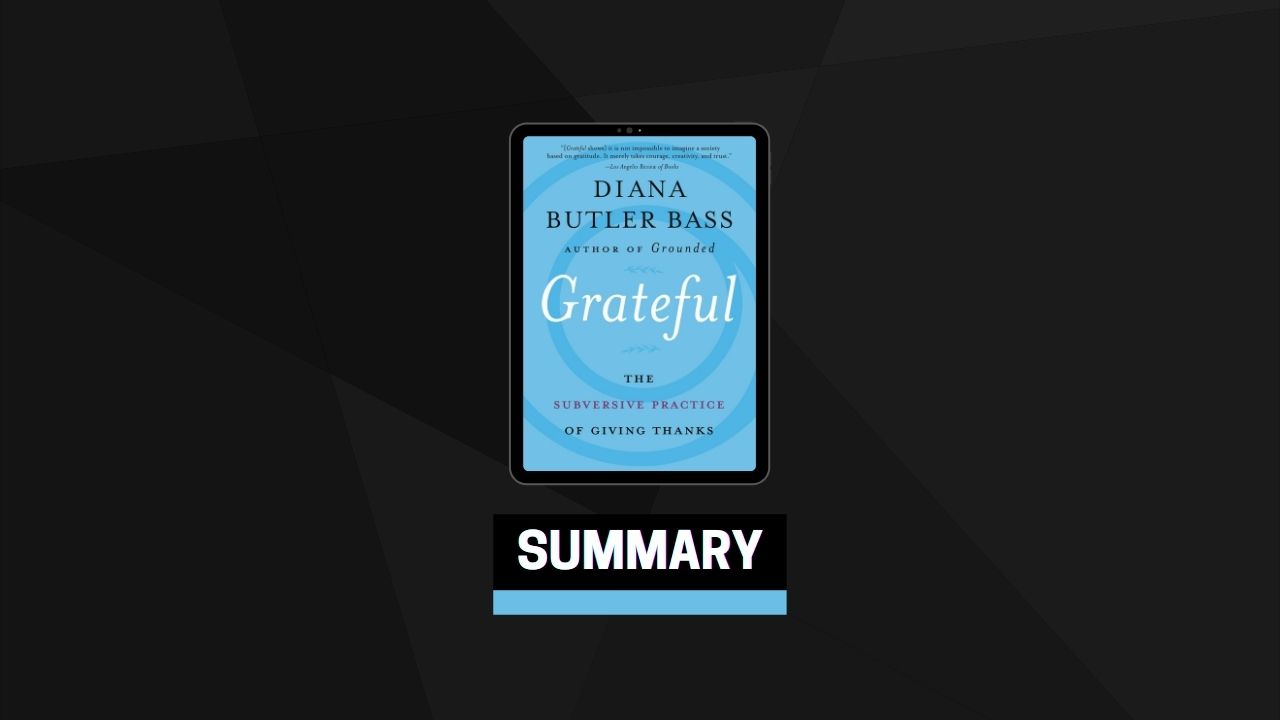Heart Matters
To feel gratitude is not the caboose of some faith train. It is the beginning. To feel appreciative awareness of our own lives—and feel that awareness of the lives of all those around us—is rather like being reborn, as we look at ourselves, our experiences, and the world with eyes of surprise and wonder. Pay attention to those who have suffered and who found gratefulness. Listen to the voices and songs of the marginalized, the thanksgivings of those who have been abused and oppressed. Embrace the sorrows of your own heart. These are the teachers of gratitude. Do not be afraid.
“Is there a word that captures the characteristics of a grateful person?” asked psychologist Philip Watkins. In the midst of data points and research citations in his academic textbook, a startling statement appears. “I believe there is a word that helps answer the question,” he opined. “For me, that word is grace; grateful people are full of grace.”
Grateful people feel life to be a gift.
“Every hour is grace,” said Elie Wiesel. Yes, an amazing grace. And a gift.
Habits of Gratitude
When life’s got you down, gratitude can seem like a chore. Sure, you’ll go through the motions and say the right things. . . . But you might not truly feel grateful in your heart. It can be like saying “I’m happy for you” to someone who just got the job you wanted. The words and the feelings often don’t match.
This disconnect is unfortunate, though. It comes from a somewhat misguided view that gratitude is all about looking backward—back to what has already been. But in reality, that’s not how gratitude truly works. At a psychological level, gratitude isn’t about passive reflection; it’s about building resilience. It’s not about being thankful for things that have already occurred and, thus, can’t be changed; it’s about ensuring the benefits of what comes next. It’s about making sure that tomorrow, and the day after, you will have something to be grateful for.
A well-known rule of practice says that to become an expert at something, you need to devote ten thousand hours to doing it. Gratitude is not a practice that can be counted in hours. Instead, it invites us to engage the longer arc of time. In order for it to become a habit, it asks that we attend to seeing time more fully: engaging the past more graciously, living more appreciatively now, and building thanks into the foundation of our future. Attending to our lives with hindsight, wide sight, and foresight moves gratefulness from emotion to ethic. Thus, gratitude may feel good—and those good feelings do good things for us—but as an ethical disposition, gratitude is a strong basis for creating a good life. The habit of gratefulness helps us thrive. It not only takes time, but it can change the way we experience the times of our lives.
Intentional Practice
We may start gratitude practices like writing a journal or listing daily blessings, succeed for a time, and then forget and fail. But—and this is the important part—even if a specific technique fails, it has helped to create a larger environment of gratefulness. Interventions may be short term, techniques difficult to maintain, practices hard to master. But these actions will have shaped a spiritual habitat in which new habits can form. In that environment, it becomes easier to choose gratitude the next time, with fewer struggles and less guilt, and eventually thanksgiving becomes habitual. Thus, habits seed a spiritual habitat in which we can dwell in greater awareness of gratitude, so that gratitude enters in and inhabits us. We can intentionally practice gratitude—through greater awareness, through specific techniques, by developing new routines, and by strengthening habits of gratitude. As we do these things, gratefulness becomes part of who we are.
English essayist Samuel Johnson once said, “Gratitude is a fruit of great cultivation.” The Christian scriptures liken gratitude to joy, a “fruit of the spirit.” Gratitude is not only an emotion; it is something we do. But it is not a program. It is like tending a garden. It takes planting and watering and weeding. It takes time and attention. It takes learning. It takes routine. But, eventually, the ground yields, shoots come forth, and thanksgiving blooms.
Grateful Together
Communal emotions are powerful. This can be frightening—and perhaps that is why we shy away from shared emotional experiences—because some feelings can cause riots, mob violence, or nationalist fervors. But there is a Sanskrit word that helps describe the positive sense of gratitude as a communal emotion: kama muta, “moved by love.” When we are touched deeply by others, when we feel deeply with others, we experience the oneness of “love, belonging, or union—with an individual person, a family, a team, a nation, nature, the cosmos, God.”20
Profound experiences of gifts and thanks often bring forth tears, causing people to feel deeply together, even those who only witness acts of gratitude. We can recognize that we humans are communal creatures—that we can imitate one another and inspire each other toward grace and gratitude for the good of all. Like celebrating the achievement of young adults, crying with a sick pastor and his family, standing in solidarity with grieving strangers, or appreciating the friendship of two public leaders, we can feel hope and goodness together. And that should shape us in community. Gratitude. Empathy. Kama muta.
Thankful and Festive
Thanksgiving is still there, no matter how ignored, privatized, or corrupted it may be. There are parades (which need not be commercials for Christmas), feasts (some of which are provided by service groups and religious communities), and sports. If the surveys are right—that 80 percent of us experience gratitude on a regular basis—why not celebrate that? Gratitude, evidently, is something we share. We might even give thanks for the binding power of thanks! Gratefulness is not partisan, exclusive, or even necessarily religious.
Thanksgiving—everywhere!—should have fireworks, bands, street parties, and games—football, soccer, basketball, what have you. It should not be just a day on a calendar, but a genuine global festival. Let prayers and benedictions from Christians, Jews, Muslims, Buddhists, Hindus, Wiccans, humanists, agnostics, and atheists sound: “THANK YOU!” Let’s have a great big global celebration to recognize the gift of life we share, to respond with humble thanks, and to recommit ourselves to serve nature and neighbor. Let it be a day of gratitude from every corner of the earth.
Let’s inaugurate that.
A Call to the Grateful Way
One of the most helpful guides to cultivating gratitude comes from Mary Jo Leddy. Among the many books on gratitude, her Radical Gratitude goes far beyond health-and-happiness approaches to gratitude and instead emphasizes gratitude as personal and political liberation. Over the months of this project, Leddy’s words sustained me and fired my spiritual imagination. She insists that gratitude is a transformation—and the path toward a life-giving society.
To get there, she proposes ten “habits of being that can help us live with spirit . . . in a dispirited time and place.”
- Begin before you are ready. “Beginning steps in gratitude do not have to be great or grand. They need only be real.”
- Practice gratitude in prayers, reflections, chants, and meditations.
- Gather with “like-spirited” people. Find or start a group committed to practicing gratefulness as a way of life.
- Live more simply. Let go of material things that burden you.
- Look for good examples of grateful people in your life and from history. Learn from them.
- Think with your heart. Trust your feelings of gratefulness and your longings for a better way of life.
- See differently. Develop “soft eyes.”
- Be connected to a longer wisdom tradition, one that helps you understand the spiritual insights of the past.
- Find a beloved community, a neighborhood or worship gathering, and be part of it, really part of it.
- “Contemplate the face of the world.” Gratitude empowers us to stare at reality and overcome what is challenging, violent, and evil.
- Do not turn away from the world, turn toward it.


